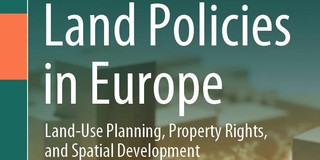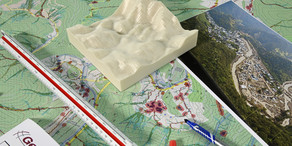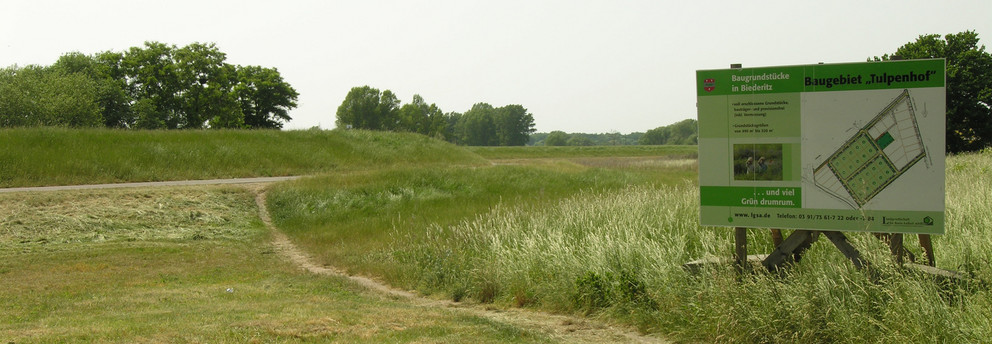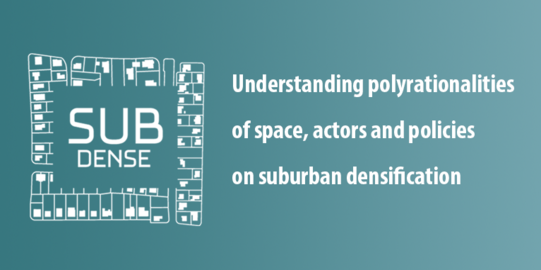Take a look at all our news.
Welcome!
Land policy deals with the relation between spatial planning and property rights. It can be understood as public interventions in the allocation and distribution of land. Ultimately it aligns public and private interests in land.
The chair of Land Policy, Land Management and Municipal Surveying researches and teaches on land policy and its relations to spatial planning. Special emphasis is given to strategies of municipal land policy in pursuit of political goals such as the provision of housing, the reduction of land use, or urban densification. In addition to these topics, the impact of climate change on property rights is also an important component of teaching and research. In this context, students are taught basic knowledge as well as specialized thematic focuses in the bachelor's and master's degree programs of the Department of Spatial Planning.
Teaching focuses on the relationship between private land and spatial planning. In the bachelor’s degree, the focus is on understanding, application and further development of land policy and land management (Module 14). Module 10 teaches the students planning cartography, from working with raw data to map design and presentation.
Research focus
Urban Densification
Land saving and housing shortages represent two of the major planning challenges for dealing with land. However, they conflict with each other. Redensification can help to solve this conflict. The department is involved in various research projects on land policy strategies for mobilizing redensification potentials.
Climate & Property Rights
Floods, droughts, and heavy rains affect land uses. Many mitigation measures require land - ranging from "room for the rivers" to increase water retention to private precautionary measures, even in areas previously considered flood proof. Most of the land on which such measures are being implemented is privately owned or occupied. Dealing with the consequences of climate change is thus a land policy challenge.
Problem properties
Land is a scarce commodity that requires efficient use. Vacancies - intentional or unintentional - therefore require land policy interventions. Gaps between buildings, problem properties (“junk properties”) or underused areas also pose major challenges in this respect, since interventions always involve interventions in private property. Valuation and land policy strategies can help to identify possible solutions.
Land policy in Europe
Challenges of land policy are not limited to nation states. Rather, an internationally comparative land policy can open new perspectives and also contribute to a better understanding of one's own system. A look at neighboring European countries as well as international exchange in research projects and networks are therefore an essential part of teaching and research at the department.
News
Review: 'This book adresses one of the most pressing topics of our time - the "land question"'

Thomas Hartmann at Brussels Talk "Land as a Scarce Ressource" with the ARL

Interview with Prof Hartmann in "Silverius", magazine of the University of Ústí nad Labem (UJEP), CZ

Book publication: "Land Policies in Europe"









